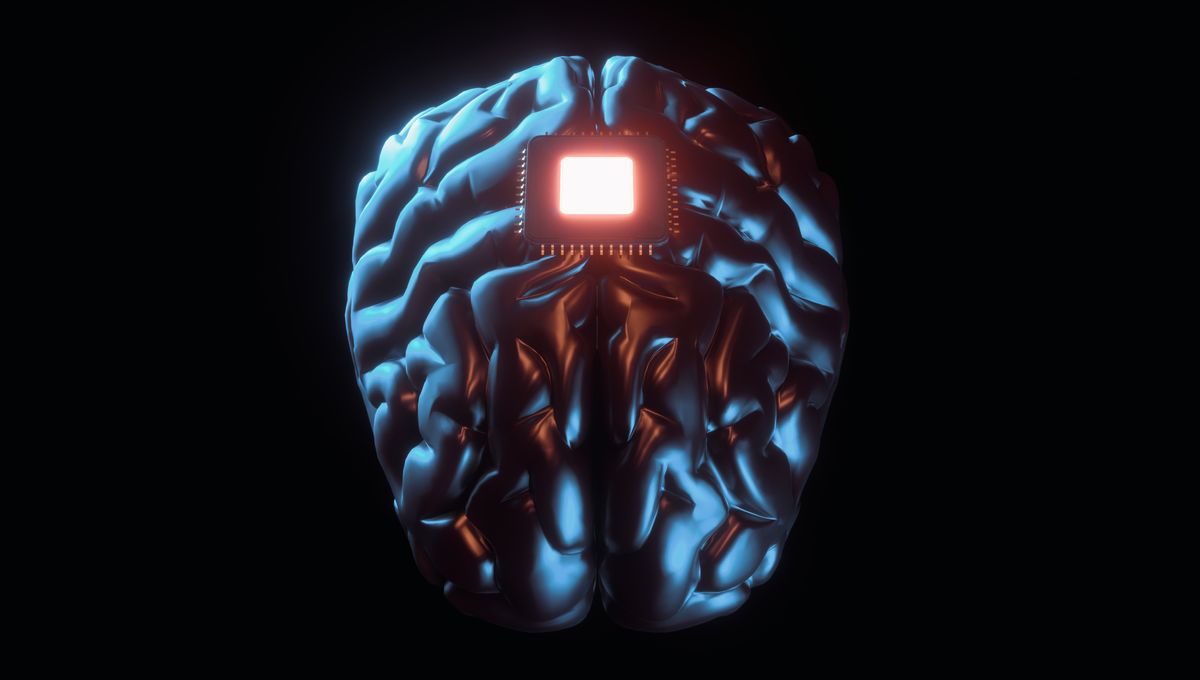
Just weeks after implanting a brain chip into a human for the first time, Elon Musk’s Neuralink has reportedly landed itself in trouble with the US Food and Drug Administration (FDA).
Inspectors from the FDA visited the company’s California animal research facility in June 2023 and found numerous problems with record keeping and quality controls related to their animal experiments, according to an agency report exclusively seen by Reuters.
Some of the issues highlighted by the inspectors concerned instruments used in experiments that had no record of having been calibrated. The lab was also accused of not properly documenting its quality control procedures. These kinds of issues are particularly important as the start-up is dealing with live animals for their experiments.
The FDA also reportedly visited the Neuralink facility in Texas, but didn’t find any problems.
The mission of Neuralink is to develop a brain-computer interface using a chip implanted in the skull. Along with the goal of allowing humans to control electronic devices using only their minds, the company also has the loftier ambition of connecting our consciousness directly to the ether of the internet and artificial intelligence.
Like many of Musk’s ventures, their work has generated a heap of controversy. In December 2022, Reuters reported that Neuralink was under federal investigation for potential animal welfare violations after staff members complained that their experiments were causing needless suffering and death.
Between 2018 and 2022, the company’s experiments had allegedly killed around 1,500 animals, including 280 sheep, pigs, and monkeys.
Musk claimed on September 2023 that “no monkey has died as a result of a Neuralink implant,” but an investigation by WIRED found that numerous macaque subjects had been euthanized after suffering a nasty array of complications, including “bloody diarrhea, partial paralysis, and cerebral edema.”
Monkeys were also seen suffering from some disturbing behavioral changes after receiving implants. One monkey would reportedly press their head against the floor, suggesting they were distressed or sick. According to internal documents, monkeys were also seen shaking when they saw lab workers, which they described as a “stress response.”
Now that Neuralink has moved onto human trials, the company has received criticism from the medical community for failing to meet the robust standards needed for good, ethical science.
“Which scientists – who were not on the Neuralink payroll – decided that the research was ready to try in humans?” Arthur Caplan and Jonathan D. Moreno, two American experts on biomedical ethics, wrote in an essay for The Hastings Center, a bioethics research nonprofit.
“When the person paying for a human experiment with a huge financial stake in the outcome is the sole source of information, basic ethical standards have not been met,” they added
Amid the chaos, Neuralink has reported some success. Just last month, Musk announced that someone who had received their brain implant was able to move a computer mouse cursor using only their thoughts.
They are also currently accepting applications for human clinical trials on their website. Tempted, anyone?
Source Link: FDA Finds Worrying Issues At Musk's Neuralink Animal Testing Lab